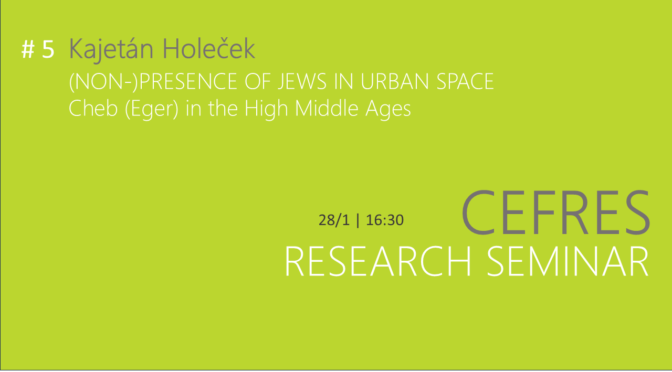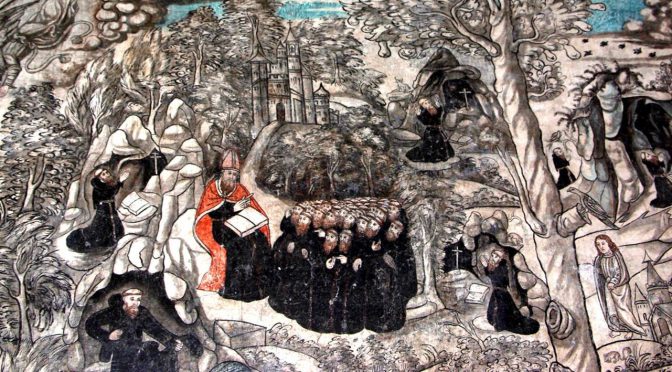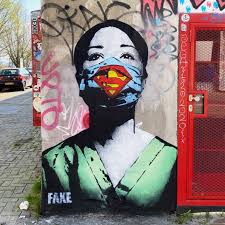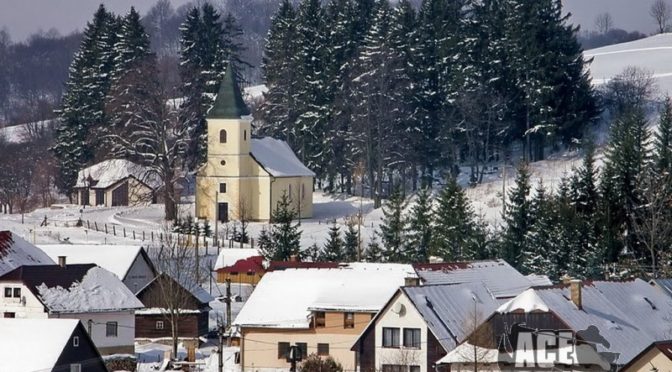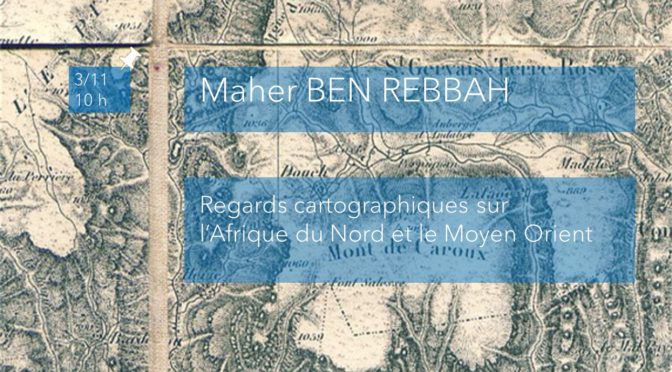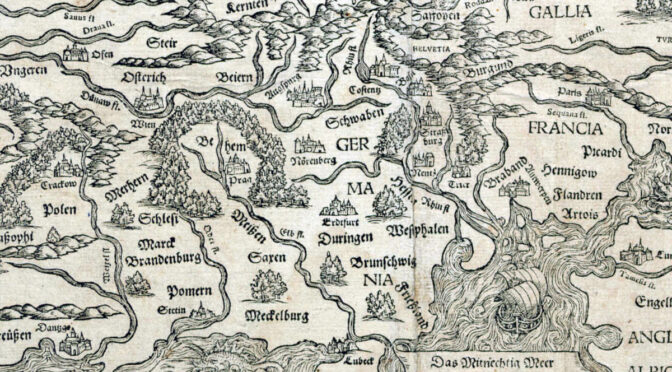THE VAGUENESS.
31st Summer School of the Jan Hus Foundation
Organizers: the Institute of Philosophy of Slovak Academy of Sciences and the Department of Romance and Slavic Languages of the Faculty of Applied Languages of the University of Economics of Bratislava
With the support of: the French Embassy in Slovakia, the French Institute in Slovakia, the CEFRES, the IUFS / SFUI and FrancAvis
Date : 24th August – 28th august 2023
Location: Krahule
Provisional program
Jeudi 24 août
Après-midi : arrivée des participants
19h : dîner
Vendredi 25 août
8h – 9h : petit-déjeuner
9h – 9h15 : ouverture
9h15 – 10h15 : Colas DUFLO (Université Paris Nanterre) –Conférence plénière – titre à préciser
10h15 – 10h45 : pause-café
10h45 – 11h45 : Bertrand PRÉVOST (Université Bordeaux Montaigne) – Conférence plénière – titre à préciser
12h – 13h : déjeuner
13h – 14h : André SCALA (IDBL Digne-les-Bains) – Conférence plénière – titre à préciser
14h – 15h : Josef FULKA (Université Charles) – La naissance du langage selon Condillac
Petr KYLOUŠEK (Université Masaryk de Brno) – Le flou – la septième fonction du langage ?
15h – 15h30 : pause-café
15h30 – 18h : Florence BOULERIE (Université Bordeaux Montaigne) – Dans le vague des sentiments : l’expression du flou comme spécialité des romancières d’une période esthétiquement indéfinie, 1780-1820 ?
Katia HAYEK (Université Masaryk de Brno) – Du flou à la société : le roman du romantisme dit noir
Vasile SPIRIDON (Université d’Économie de Bratislava / Université de Bacău) – Le flou chez Nerval
Sunil KUMAR (Université Charles) – Une image féministe floue de Gustave Flaubert en Inde
Barnabé PIRET (Université de Liège) – Le faubourg Saint-Germain : floutage et brouillage d’un lieu dans la littérature. Étude de cas chez Rutlidge, Balzac et Barbey d’Aurevilly
19h : dîner
Samedi 26 août
8h – 9h : petit-déjeuner
9h – 10h30 : Sylviane COYAULT (CELIS Université Clermont Auvergne) – Le flou générique dans Autoportrait en vert de Marie Ndiaye
Zuzana MALINOVSKÁ (Université Comenius de Bratislava) – Noëlle Revaz : du flou au précis
Eva VOLDŘICHOVÁ BERÁNKOVÁ (Université Charles) – Le flou transgressif chez Didier Eribon
10h30 – 11h : pause-café
11h – 12h30 : Jan BIERHANZL (Université Charles) – L’heure bleue et le rêve éveillé chez Ernst Bloch
Róbert KARUL (Académie Slovaque des Sciences) – Archi-événement dans les écrits de Claude Romano
Alžbeta KUCHTOVÁ (Académie Slovaque des Sciences) – Le flou insaisissable et la pensée environnementale
12h30 – 13h30 : déjeuner
13h30 – 15h30 : Ján ŽIVČÁK (Université de Prešov) – Nouvelles perspectives sur les pièges d’un discours poétique flou de la fin du Moyen Âge : Jozef Felix face à François Villon
Jaroslav STANOVSKÝ (Moravská zemská knihovna) – Les écrits de Maximilian Lamberg à la frontière des genres et des styles
Dóra SZÉKESI (Université de Szeged) – Jacques le Fataliste et son maître de Denis Diderot, un flou artistique
Andrea TUREKOVÁ (Université d’Économie de Bratislava) – Le flou des sentiments dans le roman libertin
15h30 – 16h : pause-café
16h – 18h : Anna LUŇÁKOVÁ (Université Charles) – Image rémanente
Jon STEWART (Académie Slovaque des Sciences) – La technique de la caméra tremblante en cinématographie : une
exploration du flou de la perception
Tetyana SERGIENKO (Université Charles) – Le flou en musique : une rétrospective historique
Daniel VOJTEK (Université Šafárik de Košice) – Flou terminologique en grammaire : le cas du français et du slovaque
19h : dîner
Dimanche 27 août
8h – 9h : petit-déjeuner
9h – 10h30 : Erzsébet FENYVESINÉ PROHÁSZKA (Université de Szeged) – Les représentations de l’incertitude dans la peinture française au XVIIe et au XVIIIe siècle
Zsófia IVÁN-SZŰR (Université de Szeged) – La touche de Jean Siméon Chardin et la vision trompée
Katalin KOVÁCS (Université de Szeged) – « Les nuages qui passent » : contribution à la peinture des nuages aux XVIIIe et XIXe siècles
Luca RAUSCH-MOLNÁR (Université de Szeged) – Watteau : artiste mélancolique ou œuvre mélancolique ?
10h30 – 11h : pause-café
11h – 12h30 : Kateřina SEGEŠOVÁ (Université Masaryk de Brno / Université de Sorbonne) – Le flou de Bohuslav Reynek
Michaela RUMPÍKOVÁ (Université Charles) – Pour une nouvelle ontologie des corps : « gender/genre blurring » au
sein de l’espace littéraire
Silvia RYBÁROVÁ (Académie Slovaque des Sciences) – à préciser
Dalibor ŽÍLA (Université Masaryk de Brno) – Mémoire floue à travers Les Années d’Annie Ernaux
12h30 – 13h30 : déjeuner
section anglaise
13h30 – 15h30 Ivana KOMANICKÁ (Académie Slovaque des Sciences) – Negative Capability and John Keats : Thinking in writing
Katalin STEWART (Académie Slovaque des Sciences) – The Ambiguity of Perception: The Turn of the Screw as an Aporetic
novel
Dagmar KUSÁ (Académie Slovaque des Sciences) – à préciser
Lukáš SIEGEL (Académie Slovaque des Sciences) – The Relative Individual: Viktor Frankl’s Logotherapy in the Age of Modern Technologies
15h30 – 16h : pause-café
16h – 17h30 : Michal LIPTÁK (Académie Slovaque des Sciences) –Fleeting promise of happiness: phenomenological reading of Adorno’s philosophy of avant-garde music
Marcel ŠEDO (Académie Slovaque des Sciences) – French meditations on the concept of event (according to Heidegger)
Michal ZVARÍK (Académie Slovaque des Sciences) – The Dead In And Among Us. Jan Patočka’s Concept of After-Life
19h : dîner
Lundi 28 août
8h – 9h : petit-déjeuner
matinée : départ des participants

